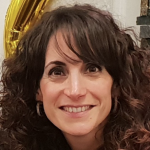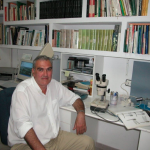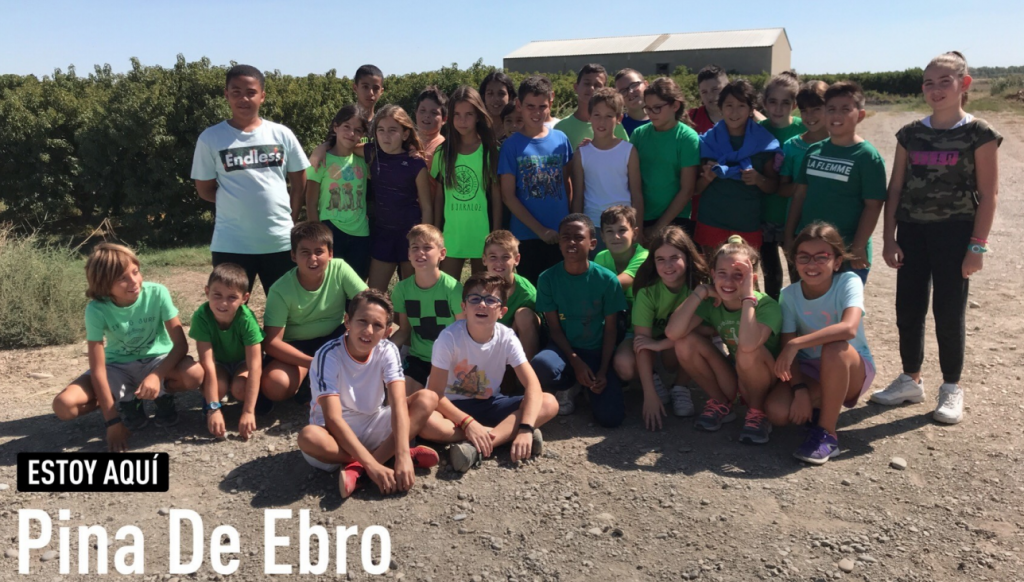
ZAHARA ALONSO LAÍNEZ

For our school, #MelanogasterCTF brings the opportunity to use the scientific method in a real scientific project. The students find it very stimulating to work together with “real” scientists, as they say. During the fieldwork, it is nice to see how the children enjoy each catch, and how it is a game for them, to see how they face the difficulties that occur in some collection days or learn from mistakes. It is gratifying to see their attentive looks, their amazement, curiosity or even disgust when they eat a mosquito. And what to say about their emotion when they capture other species…. On a personal level, researching for the sake of it, without knowing what the research will be used for and at what moment, has been one of the things that has surprised me the most. The only thing left for me is to thank those responsible for #MelanogasterCTF, who, in addition to spreading enthusiasm for it, have taken care of training and constant evaluation to meet the needs, difficulties or doubts that have arisen. This support has greatly facilitated involvement in the project and made it an extremely enriching experience.”

ÓSCAR BLASCO FANLO
“#MelanogasterCTF is a scientific project that opens the doors of our school to the closest environment in order to take care of nature. In a practical and motivating way, girls and boys know and put into practice the scientific method, collaborate and research as a team. Having to analyze different types of Drosophila (fruit fly), they make and use instruments to take samples and also others to analyze information, such as magnifying glasses or digital microscopes. #MelanogasterCTF is a good project to work in Natural Sciences, since the students see the practical and useful sense of science.”

JAVIER BLASCO ZUMETA
The first thing I would highlight, as a contribution to boys and girls, is the fact that they have carried out an activity that can be described as an introduction to the scientific method. The sampling of the flies was carried out following established guidelines that were repeated in each session so as not to vary the results. The samples were then processed in the classroom just as they would be in the laboratory of a Faculty of Biology (bridging the gap and a little hyperbole). Performing an outdoor research activity, thus breaking the monotony of the classroom walls, has also been a positive experience, as well as for us teachers for having a new and enriching experience. And the satisfaction of having carried it out successfully… The assessment I could provide is that it was worth it and that I would repeat it.”
JAVIER BLASCO ZUMETA
 Entomologist, teacher collaborator in the field project and author of Atlas of Birds of Aragon: https://blascozumeta.com and https://monteriza.com
Entomologist, teacher collaborator in the field project and author of Atlas of Birds of Aragon: https://blascozumeta.com and https://monteriza.com









